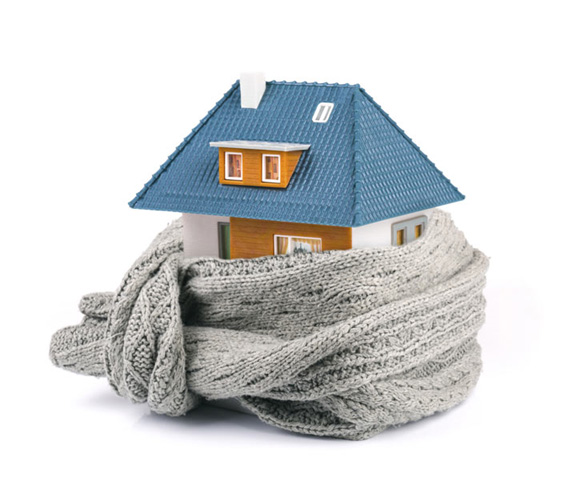Pipe Dreams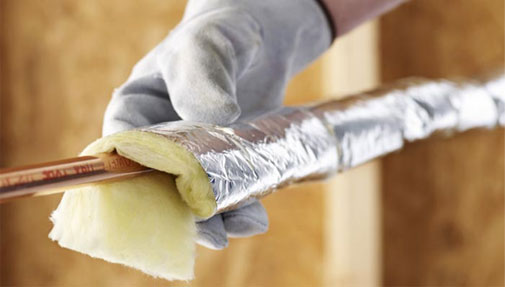
The last thing you want before your Holiday dinner party is a burst pipe that leaks or floods the basement or another part of your house. When water freezes it expands and increases pressure inside the pipe. This might cause it to burst and leak water inside your home causing major damage. Some simple DIY tips can keep this from happening. Popular Mechanics magazine suggests that before winter weather settles in make sure that you:
- Insulate pipes in unheated rooms
- Open cabinet doors when you’re not home to let heat reach the pipes
- Leave the faucet leak slightly to keep water flow
The Sprinkler System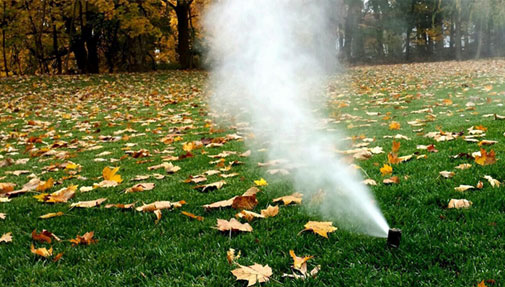
Neglecting simple winterizing tips on your sprinkler system can lead to costly and labor-intensive repairs to your irrigation system. According to Do It Yourself you want to first be knowledgeable on the kind of system installed and refer to the manual or the instructions. Essentially you want to shut off the water, drain the system, and leave in the half open position for the winter. This is an involved process that might benefit from hiring a professional. A small error in winterizing your sprinkler system can cause extensive damage and require you to replace the whole system.
Sealing Air Leaks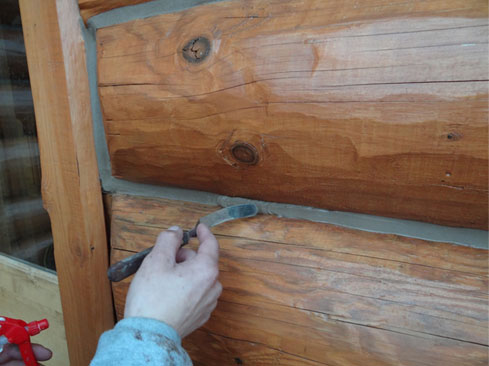
Finding the outside source of the air leak around window and door frames might be difficult. The opening source of the leak may be several inches from the spot where it is felt inside the home. The best way to attack air leaks is from exterior surfaces. You can seal the interior but if a crack or crevice is leaking air it may also leak water as well. Sealing the leak from the outside with Energy Seal prevents water penetration along with air infiltration.
Other Insulation
Insulating your garage is also important and can be relatively simple to do yourself if you have the tools and some experience. Weather stripping your garage is a good place to start. This will prevent drafts and the escape of any heat. You can also insulate the walls with foam board and fiberglass batt insulation.
Consider putting in a heating unit in the garage to keep temperature regulated so you can continue working there through winter. Family Handyman magazine discusses two options of natural gas heaters for your garage: “a forced-air garage heater that blows warm air or a “low intensity” infrared tube heater that radiates heat.
Plant Care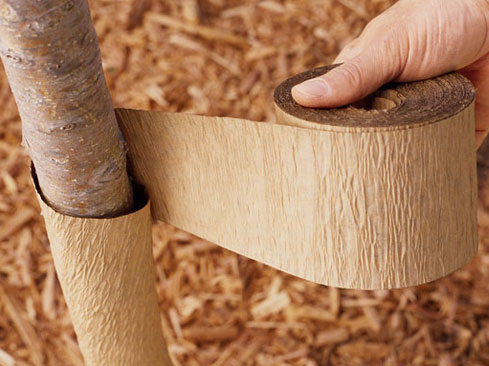
Tending to your garden and plants is a good DIY project for the upcoming winter. Every plant has different needs and is built to withstand different weather conditions. HGTV Magazine writes that the biggest problem is protecting the roots from rapidly fluctuating temperature. You want to bring in outdoor plants indoors, insulate some plants.
The Spruce has a few tips on keeping plants healthy through the winter.
- Most plants need less water in winter and so adjusting your watering schedule is an important part. The most important time to water is during the day, however you can water plants sufficiently before a freeze to prevent desiccation.
- Keep in mind the indoor temperature by keeping the plants away from furnaces, fireplaces, and drafts.
- Go easy on the fertilizer so as not to upset the plant’s natural cycle.
If you live in windy weather conditions, protect flowers from wind damage with fences or shrubs or some other protective barrier. However, be careful not to completely block all sunshine. Before a freeze you can shelter tender sprouts with an inverted bucket or a blanket. As far as your trees go, make sure to prune long branches as a good method to prevent wind damage.
Help maintain the value of your home by keeping in mind important seasonal and year round maintenance. Always assess the complexity of the job and the tools needed in order to decide whether you want to do it yourself or hire a professional. These decisions can end up saving you thousands of dollars in damage later. Your home is where your American Dream becomes a reality, don’t neglect it.

